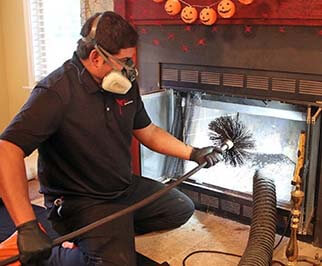In the dynamic realm of UK real estate, being a landlord carries with it a blend of opportunities and challenges. With the housing market constantly evolving, landlords must stay informed about the latest news, financial implications, and changes in tenancy agreements to navigate the complexities of the sector effectively. This comprehensive guide delves into these crucial aspects, offering insights and strategies for landlords aiming to maximise their investments in today’s market.
Navigating the News: Regulatory Changes and Market Trends
Staying abreast of the latest developments is paramount for UK landlords. The government frequently updates regulations affecting the rental market, from tax reforms to energy efficiency standards. For instance, recent changes in the buy-to-let mortgage interest relief have significantly impacted landlords’ financial planning. Additionally, the introduction of the Tenant Fees Act has altered the landscape, banning most letting fees and capping tenancy deposits, thereby affecting landlords’ operational costs and strategies.
Market trends also play a critical role. The post-pandemic era has seen a shift in tenant preferences, with a growing demand for properties offering outdoor space and home offices. Adapting to these trends can help landlords attract and retain tenants in a competitive market.
For the very latest
visit Landlord Knowledge.
Financial Planning and Investment Strategies
Financial acumen is crucial for landlords to ensure the profitability of their investments. Understanding the nuances of property financing, tax obligations, and cash flow management can make a substantial difference. Landlords must navigate mortgage options, evaluate the best financing rates, and stay informed about tax deductions available to them, such as those for property repairs and maintenance.
The importance of building a financial buffer cannot be overstated. Unforeseen expenses, such as emergency repairs or periods of vacancy, can impact cash flow. Smart financial planning includes setting aside a contingency fund to cover these eventualities, ensuring the investment remains viable in the long term.
For
options visit Landlord Knowledge.
Mastering Tenancy Agreements: Rights, Responsibilities, and Relations
Tenancy agreements are the cornerstone of the landlord-tenant relationship, outlining the rights and responsibilities of each party. It’s crucial that these agreements are comprehensive and compliant with current legislation to protect both interests. This includes clear terms on rent payments, deposit handling, property maintenance, and notice periods.
Recent legislation changes have further underscored the need for fairness and transparency in tenancy agreements. For instance, the ban on unfair tenant fees highlights the need for landlords to understand the legalities of what can and cannot be charged. Additionally, the introduction of the ‘Right to Rent’ checks places a responsibility on landlords to verify the immigration status of their tenants.
Building positive relationships with tenants can also lead to longer tenancies, reducing vacancy periods and increasing the stability of rental income. Effective communication, responsiveness to maintenance issues, and respect for tenant privacy can foster a mutually beneficial relationship.
Landlord Knowledge provides a
downloadable template in word format.
Conclusion: Embracing Change and Opportunity
For UK landlords, the landscape is one of continual change, presenting both challenges and opportunities. By staying informed about the latest news, being savvy in financial planning, and mastering the intricacies of tenancy agreements, landlords can navigate the complexities of the market. The key to success lies in adapting to legislative changes, understanding market trends, and fostering positive tenant relationships. In doing so, landlords can not only safeguard their investments but also contribute positively to the UK’s housing market.
In essence, being a landlord in the UK today is about much more than owning property—it’s about being proactive, informed, and adaptable in a rapidly changing environment.
